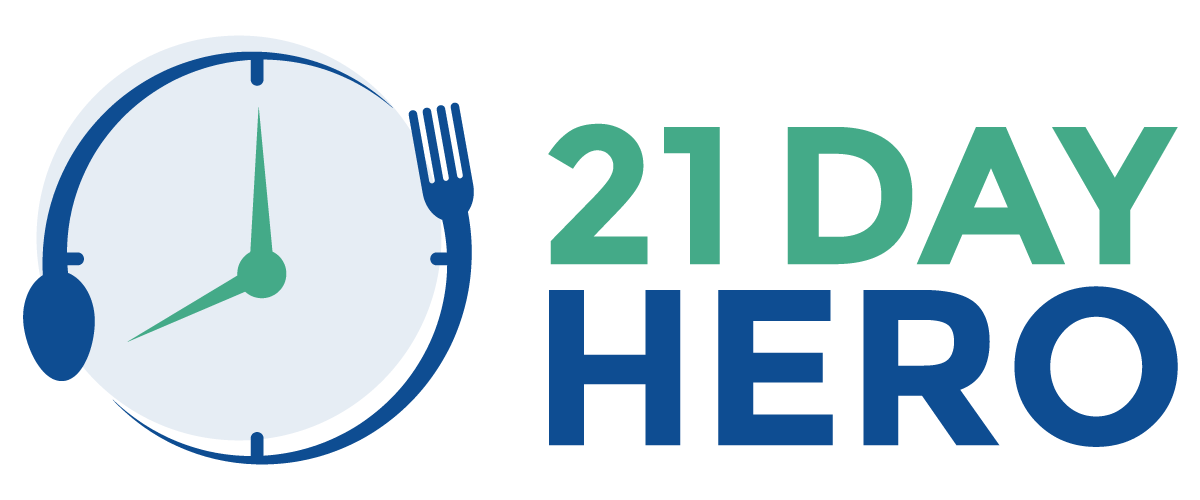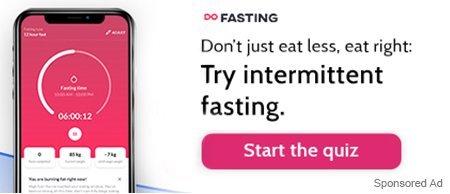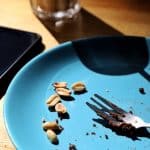What is the Cucumber Diet | How to Follow the Cucumber Diet | Pros and Cons of the Cucumber Diet | The Cucumber Diet and Intermittent Fasting
From the celery juice diet to the kimchi diet plan, there are a lot of extreme diets available today. Each one promises effective weight loss or more energy or maybe even both. With so many diet options, it can be hard to know which ones are effective weight loss strategies and which ones are simply fad diets.
The cucumber diet has risen in popularity recently with a similar goal: shed pounds of weight as quickly as possible. As the name implies, the cucumber diet or cucumber diet plan encourages the user to eat primarily cucumbers for at least one week and up to fourteen days. There are different variations of the cucumber diet plan, but some claim you can lose up to 15 pounds in one week on a 7 day cucumber diet.
In this ultimate guide, we’ll dive into the ins and outs of the cucumber diet, how to eat cucumber for weight loss, the pros and cons of the diet, and then take a look at more sustainable weight loss strategies.
What is the Cucumber Diet?
The cucumber diet is pretty simple: focus on eating primarily cucumbers for 7-14 days to lose weight. There are a few exceptions to this, as the cucumber diet plan does allow for small amounts of protein such as chicken, eggs, or nuts. Some variations of the diet also allow a small amount of carbs with your meal such as brown rice or a small amount of fruit or vegetables.
Not to be confused with the sea cucumber diet, which involves eating sea cucumbers (the marine animal and not the vegetable), the cucumber diet is an appealing choice for those looking to lose weight quickly. Those following this diet could experience extreme hunger and fatigue during the first few days of the diet as the body adjusts to lower calorie consumption.
According to proponents of the diet, you could lose up to 15 pounds by following this diet for seven to fourteen days. It’s generally recommended to lose 1-2 pounds per week while trying to lose weight, so 15 pounds would be a significant amount of weight to lose in one week.
You may be wondering, “Are cucumbers good for weight loss?” There isn’t anything special about the cucumber when it comes to aiding weight loss. It contains mostly water and a small amount of fiber and vitamins. The weight of a cucumber is generally in the range of 7-14 oz, with most of the weight from its high water content (about 96%!).
This diet is essentially a calorie restriction diet, which is often used as a short-term weight loss strategy. Research shows that very low calorie diets do not produce better weight loss results compared to traditional diets long-term.

How to Follow the Cucumber Diet
The cucumber diet is simple in theory, but may be harder to implement. Some may find that the restrictive nature of the diet is not feasible for their lifestyle.
The cucumber diet plan has a few different rules to follow:
- You have to eat at least two cucumbers each day, ideally whenever you feel hungry
- You can add a small amount of protein such as fish, chicken, eggs or nuts to eat with your cucumber at meal times
- Drink 50 oz of water each day
- A small amount of carbohydrates, like brown rice or toast are allowed
It’s best to eat the cucumber with the peel in order to retain more of the fiber and nutrients, which can help keep you fuller for longer periods of time. Proponents of the cucumber diet say that the best time to eat cucumbers for weight loss is whenever you are hungry. The idea is that cucumbers are a low calorie food with a high water content, so you feel full without consuming many calories.
As long as you are maintaining a calorie deficit, you are likely to lose weight on this diet. However, the weight loss will slow down or stop after finishing the cucumber diet. Since this is a restrictive diet, it is not recommended for long term use. Cucumbers contain a limited number of vitamins and minerals and your body needs a wide range of foods to meet all of its nutritional needs. Even different fruits and vegetables contain different nutrients with varying amounts which is why it is important to eat a variety of foods.

Pros and Cons of the Cucumber Diet
While eating cucumber for weight loss may not be the best approach for your overall health, there are some benefits to this diet. Listed below are a few pros and cons of the cucumber diet.
Pros
- Quick weight loss: The one major benefit of this diet plan is going to be the quick weight loss results. If followed correctly, this diet will provide an extreme calorie deficit leading to overall weight loss. This is especially true if you have been eating a normal diet with adequate calories.
- Adequate hydration: Another benefit of this diet is that it encourages adequate hydration through both drinking water and through eating cucumbers. Water consumption can enhance weight loss results on this type of diet. Much of the weight lost on restrictive diets is water weight at first, so it’s very important to drink plenty of water while following the cucumber diet.
- Easy to follow: The cucumber diet does not have a long list of foods that you can and cannot eat. The foods included in the cucumber diet are simple and repetitive which makes meal planning a breeze!
- Avoids processed foods: Since most of the food groups are eliminated on the cucumber diet, you will not be including anything processed while on the cucumber diet. This includes many high-fat and high-sugar containing foods which are high in calories such as cakes, cookies, desserts, and fried foods.
Cons
- Not sustainable long-term: The restrictive nature of the cucumber diet means that the user cannot stay on the diet long-term. Between the lack of calories, lack of essential nutrients, and repetition of foods, it is not recommended to continue this diet for greater than fourteen days. Similar to water fasting, you may initially feel more energy from the rapid weight loss but your body will eventually need more calories in order to function properly.
- Lacking essential nutrients: Cucumbers naturally contain plenty of water and some carbohydrates, but are lacking in protein and fat which are essential for the body to function. The cucumber diet does allow a small amount of protein and fat, but it likely wouldn’t be enough to maintain things like muscle growth.
- Weight regain: Studies show there is a high chance of regaining weight after following a rapid weight loss type of diet. When there is a gradual loss of body weight, there is a greater chance that there won’t be weight regain.

The Cucumber Diet and Intermittent Fasting
Intermittent fasting has been proven as a sustainable, long-term weight loss strategy. Instead of restricting certain foods, intermittent fasting limits the amount of time that you are consuming calories. This, combined with the metabolic repair that occurs during a fasting window can lead to significant weight loss and overall better health.
There are many health benefits to intermittent fasting such as better sleep, lower insulin resistance, and the potential lower risk for cardiovascular disease. A healthy, balanced diet is encouraged while intermittent fasting including lean protein, healthy fats, complex carbohydrates, fruits and vegetables. There aren’t any “off limits” foods which is why many enjoy the food freedom that comes with intermittent fasting and results in better adherence to the diet.
Intermittent fasting is compatible with many different types of diets and can even enhance some of their benefits. When trying restrictive diets like the cucumber diet, it’s better to try each diet separately. Since the 7 day cucumber diet only lasts for one week, it would be better to start intermittent fasting after completing the cucumber diet.
Cucumbers, as part of a variety of fruits and vegetables, will fit with an intermittent fasting diet plan. If you have been doing intermittent fasting for a while, you’ll know that certain foods will break your fast and others may not. When you eat any food with a significant amount of calories, it will break your fast.
So, the important question is, do cucumbers break a fast? Depending on what kind of fast you are doing, a cucumber could break your fast. However, some people allow an insignificant amount of calories to be consumed during a fast, so in this instance, a small portion of cucumber would not break a fast.
The bottom line is that the cucumber diet is a restrictive type of diet that can produce short-term weight loss results. For the average, healthy person, the cucumber diet can accomplish short term weight loss goals.
While the rules of the cucumber diet are simple, it could be hard to implement as it’s very low calorie and the foods are repetitive. Additionally, the diet is lacking in sufficient protein and fat as well as certain vitamins and minerals.
If you are trying to lose weight, there are better strategies for losing and maintaining weight loss such as intermittent fasting, a balanced healthy diet and exercise.
As always, consult your healthcare professional before starting any type of extreme diet.












